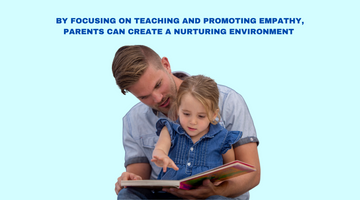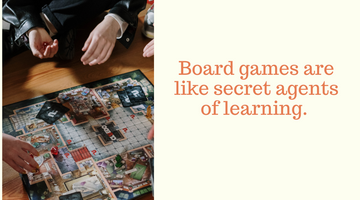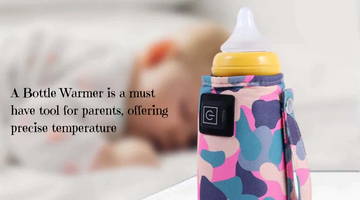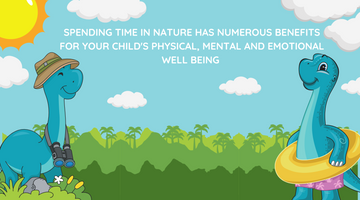Discipline and positive parenting are essential components of raising well-behaved and emotionally healthy children. While discipline often conjures up thoughts of punishment, it is important to understand that effective discipline goes beyond punitive measures. By focusing on teaching, setting clear expectations, fostering open communication, and promoting empathy, parents can create a nurturing environment that helps children develop self-discipline, responsibility, and resilience.
1. Understand and Set Age-Appropriate Expectations :
Recognize that each stage of childhood comes with its own developmental milestones and capabilities. Tailor your expectations and disciplinary approaches accordingly. Setting age-appropriate expectations ensures that children understand what is expected of them and can meet those expectations within their abilities. Clearly communicate rules and boundaries, and adjust them as your child grows and develops.
2. Teach and Model Positive Behavior:
Children learn by observing and imitating their parents or caregivers. Therefore, it is crucial to model positive behaviour and demonstrate the values and attitudes you wish to instil in them. Use everyday situations as teaching moments to explain appropriate behaviour, manners, and problem-solving skills. Show them how to express their emotions in healthy ways and resolve conflicts peacefully. By consistently modelling positive behaviour, you provide a foundation for children to emulate.
3. Establish Clear and Consistent Consequences :
Consistency is key when it comes to discipline. Establish clear consequences for both positive and negative behaviour, and ensure they are consistently applied. Consistency helps children understand the direct link between their actions and the resulting outcomes. Make sure the consequences are logical, fair, and age-appropriate. Use them as a learning opportunity rather than as a means of punishment, emphasising the connection between actions and their consequences.
Checkout our Blog - How to Balance Work and Parenting with a Baby
4. Use Positive Reinforcement and Rewards :
Positive reinforcement is a powerful tool for encouraging good behaviour. Praise and acknowledge your child's efforts, achievements, and positive actions. Provide specific and genuine compliments to reinforce their self-esteem and motivation. Additionally, consider implementing a reward system to recognize and reinforce desired behaviour. Rewards can be simple, such as verbal praise, stickers, or small privileges. By focusing on positive reinforcement, you create an environment where children feel encouraged, valued, and motivated to exhibit good behaviour.
5. Practise Effective Communication and Active Listening :
Open and effective communication is vital for discipline and positive parenting. Create an atmosphere where your child feels comfortable expressing their thoughts, concerns, and emotions. Practise active listening by giving them your undivided attention, showing empathy, and validating their feelings. Encourage them to express themselves respectfully, even when they disagree. Effective communication promotes trust, understanding, and cooperation, enabling you to address disciplinary issues constructively.
6. Set Realistic and Achievable Goals:
When it comes to behaviour change, set realistic and achievable goals. Break down larger goals into smaller, manageable steps, and celebrate progress along the way. Be patient and understanding, recognizing that change takes time. By setting attainable goals, you promote a sense of accomplishment and motivate your child to continue improving their behaviour.
7. Encourage Problem-Solving and Self-Reflection:
Instead of solely imposing solutions, encourage your child to participate in problem-solving and self-reflection. When faced with a disciplinary issue, involve them in the process of finding solutions and alternatives. Ask open-ended questions that encourage critical thinking and empathy. Help them understand the impact of their actions on others and guide them in finding appropriate ways to make amends. By involving them in the process, you empower your child to develop problem-solving.






